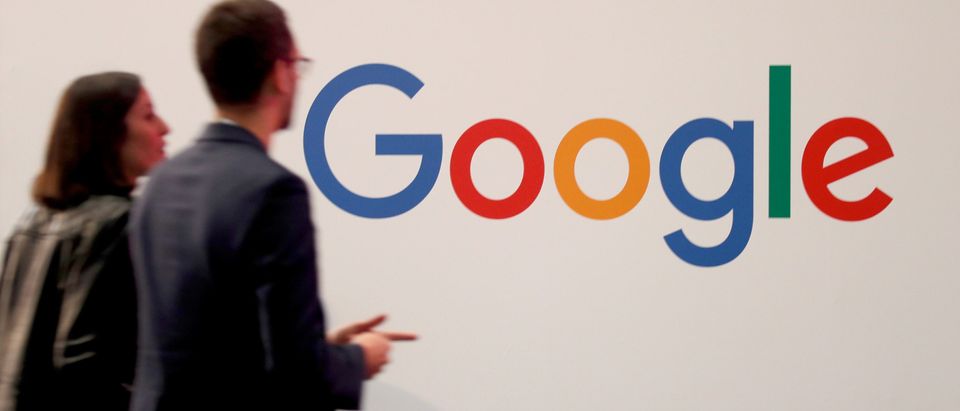Google’s “education technology,” or ed tech, is facilitating the home-learning of millions of children stuck inside during this outbreak of coronavirus. Google, for its part, is profiting not just from the sale of its products, but from the troves and troves of personal information it is collecting on minors.
According to a lawsuit filed by New Mexico’s attorney general, Google is collecting data on students’ personal locations, websites they have visited, YouTube videos they watched and their voice recordings. Google is able to do this because more than half of the nation’s public schools — and more than 80 million people around the world — use free Google education apps like Gmail and Google Docs. More than 25 million students and teachers also use Chromebooks.
The massive amounts of personal information collected by these apps and programs belies the notion that they are “free,” because it is the personal data of users that fuels Google’s profits.
Close to 90 percent of Google’s profits come from targeted advertising, which is made possible by collecting extremely specific details on individuals. It’s why, according to New Mexico’s lawsuit, Google has a feature that syncs its Chrome browser with other devices used by a student on that account — effectively blending a student’s school and personal web activities into a single pool of data for Google to harvest.
This is critical to Google’s business model. In 2016, Google made a similar move when it blended the personal data of users from Gmail, Google Docs and elsewhere with data collected from its ad behemoth, Double Click, which harvests data from web surfers on more than 80 percent of the most popular sites on the Internet. Google told the FTC in 2007 that it would keep the data pools separate. But when it comes to profits, why should user privacy stand in the way?
Google has taken a similar approach to the privacy of minors, where the company’s prior behavior has been disturbingly consistent.
In September, Google paid a $170 million fine for illegally harvesting the personal data of children on YouTube. In 2017, the company admitted they track students in schools, including “scanning and indexing” student email messages sent on Google’s platforms and tracking the activities of student users outside of Google’s education suite. That same year, Mississippi’s attorney general sued Google for illegally harvesting student data in a case that remains pending.
Google also remains subject to a 10-year federal consent order signed in 2011 for “deceptive privacy practices.” Just a year after the order was signed, Google paid a $22.5 million fine for violating the privacy standards of Apple’s Safari browser in order to continue tracking users.
Google is happily lapping up plaudits for helping American families in crisis educate their kids. But, as the American Civil Liberties Union has pointed out, the tech tiger is not changing its stripes. Google is not altruistic. Rather, the company is profiting off of the metric tons of personal data they are collecting on children — and doing so despite a history of violating privacy laws when it comes to minors.
This, coupled with Google’s recent move to share aggregate user location tracking data with the government, is raising unique concerns over just how much data Google collects on its users, and what they’re doing with it.
Big Tech has surely kept us connected while we are all stuck at home. But that fact in and of itself is not enough to repudiate the “techlash.” Rather, the acknowledgement of just how much personal information Google collects on its users, particularly students, highlights just how much transparency and oversight is needed.
Rachel Bovard is a senior adviser to the Internet Accountability Project. She is a former top policy aide to Sen. Mike Lee and Sen. Rand Paul.


